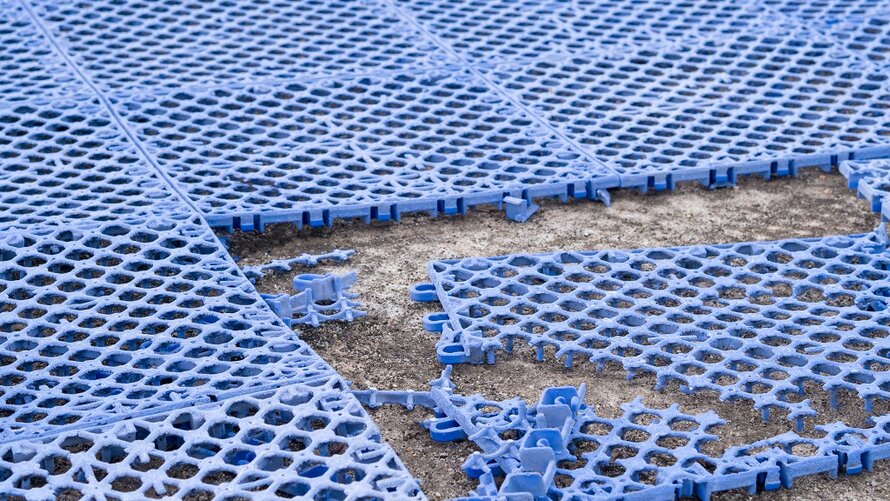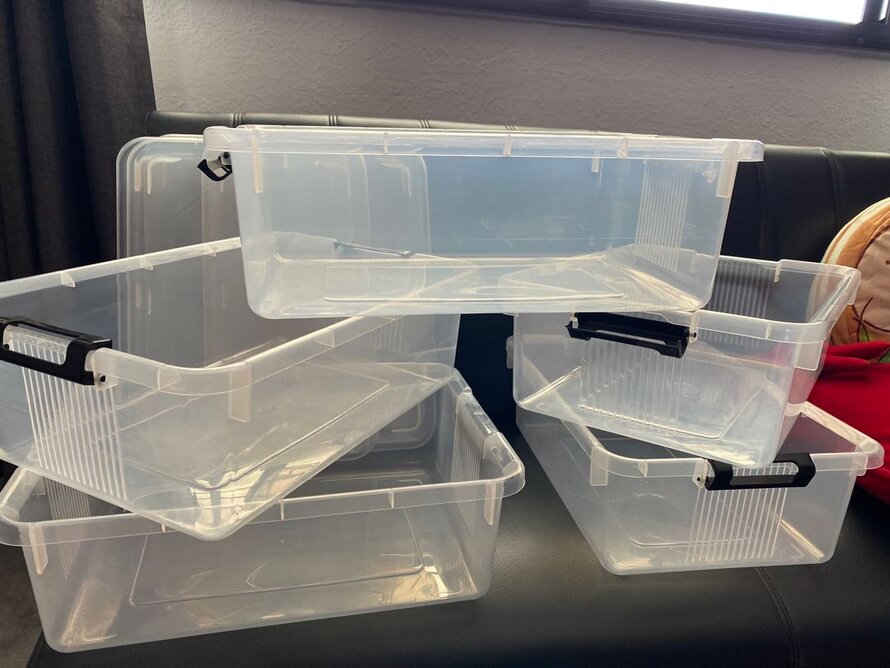Plastics are found everywhere in our daily lives, from household items to industrial products. However, a common issue with plastics is that they can become brittle over time. Many common supplies are made of plastic materials, and even the best products can be brittle. Why does plastic become brittle? And how to fix the brittle plastic problem? This article will give you some helpful information about this phenomenon and answer those questions.
1. Why plastic becomes brittle?
Brittle plastic means it can shatter or break into pieces when subjected to a high impact. Normally, plastic materials can become brittle with age because of a process called plastic degradation.
As is generally acknowledged, plastics are produced by combining polymers with some additives, such as fillers, lubricants, plasticizers, colorants, stabilizers, etc. Polymer tends to age itself through time, thus changing performance and characteristics of plastic materials.
There are several factors result in that phenomenon, including:
- UV exposure: Ultraviolet (UV) radiation from the sun can deteriorate plastic by breaking down its molecular structure. This process, called photodegradation, creates free radicals that weaken the plastic, making it more likely to become brittle over time.
- Heat: High temperature can contribute to plastic degradation. Heat breaks down the polymer chains within plastic, leading to destroyed flexibility properties and promoted brittleness.
- Oxygen exposure: Oxygen causes oxidation that can degrade plastic. Items made of plastic materials exposed to oxygen for a long time will result in undermining polymer’s structure and reducing flexibility.
- Mechanical stress: Over time, continuous mechanical stress on plastic materials can trigger them to diminish the flexibility and become brittle. Examples of physical pressure can be bending, twisting, or impact forces that weaken the plastic structure.
- Additives: There are some additives in plastic, like plasticizers and stabilizers, that can leach out over time, changing the material properties.
- Hydrolysis: Plastic can degrade through hydrolysis, a chemical reaction with water. This makes plastic items lose mechanical strength.
Read more: What is flexible plastic?
2. Different ways to fix the brittle plastic problem

How to keep plastic materials from becoming brittle?
As a manufacturers and sellers supplying items made from plastic materials, you can fix brittle plastic problem by some different ways:
- Select appropriate plastic materials: Different types of plastics have varying levels of resistance to brittleness. You can choose plastics that are more resistant to environmental factors and more durable, such as polyethylene or polypropylene, instead of polystyrene - a type that easily breaks down.
- Use additives: Plasticizers additives can be used to improve the flexibility and durability of plastic materials. You can consider adding more plasticizers to help prevent brittleness. Besides, UV-resistant additives are essential to protect plastics from UV radiation.
- Use measures to safeguard the materials: Use chemical-resistant layers or protective finishes to reduce contact with chemical substances, environment factors and lower the chances of chemical degradation.
- Keep the materials away from chemicals: Some chemical substances can react with plastic and result in brittleness. You should make sure to avoid exposing plastic items to harsh chemicals or cleaners.
- Take care during the transport and construction stages: During handling and construction, care should be taken to avoid excessive stress or impact on the plastic material, which may cause the material to be brittle or be damaged.
- Proper storage: Ensuring plastic materials or products are stored under optimal condition plays an important role to keep their flexibility and durability. This involves controlling some factors of storage facilities such as temperature, humidity and exposure to environment elements. For example, store plastic items in a cool, dry place away from heat sources.
- Regular inspection and maintenance: To keep plastic products flexible, you should check and maintain them regularly, including appearance, deformation, aging, etc. It helps detect and solve potential problems in time and prevent further degradation.
- Refrain from coming into contact with sunlight: Storing plastic items away from direct sunlight is beneficial ways to prevent exposure to UV radiation.
As consumers, some helpful ways to keep plastic from becoming brittle include storing plastic goods to avoid exposure to sunlight, chemicals or oxygen; controlling temperature; frequent upkeeping and reviewing; preventing subjecting plastic items to excessive weight or stress; etc.

Properly storing resin helps reduce the brittle condition
3. Conclusion
Brittle plastic is a common issue that affects many products over time, but understanding the causes and solutions can help mitigate this problem. By some approaches such as selecting appropriate materials, using additives, safeguarding against chemicals, etc, you can enhance the durability and flexibility, also ultimately improve the performance and extend the life of plastic products.
4. About EuroPlas
EuroPlas, a trusted manufacturer with a proven track record, offers a comprehensive and diverse line of high-performance and cost-effective plastics. With modern equipment and standard testing machines, EuroPlas ensures the highest-quality output. Our product range includes engineering plastics compound, filler masterbatch, color masterbatch, plastic additives, bio fillers, and bioplastics compound.
Join EuroPlas blog to explore more fascinating aspects of the plastics world in our upcoming posts! Feel free to contact us if you are looking for products ensuring optimal performance and bringing success in your projects!